Should You Consume Dairy if You Want Your Microbiome to Thrive?
The main argument against dairy out in the world is that you are not a cow… so why would you drink a cow’s milk? True, but I think this argument can be unpacked a little further. It really depends on the source and quality of the milk and dairy products.
Mammalian Breast Milk is Specifically Designed… For Specific Mammals
Mammalian breast milk is designed to support the immune system and foster a thriving microbiome for the specific mammal in question. Cow milk is meant to feed the microbiome of a baby cow. The milk supports the cow’s development of an immune system and a healthy ruminant digestive system to metabolize grasses, so the cow can grow to weigh 1,600 – 2,400 pounds.
Human breast milk is designed to feed and nourish the human microbiome so that human babies can develop a proper immune system, and a healthy digestive system.
While no other mammals drink another type of mammal breast milk, humans do. But why?
When Did Humans First Drink Milk Kefir?
This week I went on a deep internet dive to learn about the history of milk, and why humans started to consume milk from animals in the first place. I certainly learned a lot.
To summarize, someone used animal milk for nutrition, and probably survival, for the first time around 10,000- 7,500 years ago… Someone most likely observed the similarities between breastfeeding human babies and baby cattle, then made the decision that keeping the animal to consume its milk was a more reliable nutrition source than killing the animal and eating the meat. The milk was almost always naturally fermented into what we know as buttermilk, kefir, yogurt, and cheeses. Since there were no refrigerators, milk was stored at ambient temperature in ceramic jars or canteens made from the stomachs of sheep. These vessels (and the utters of animals) harbored microbes that always led to some kind of natural fermentation.
Fermented Milk Helped Ancient Humans Survive
This ancient fermented milk consumption was an evolutionary advantage for humans. The practice of consuming milk products from ruminant cattle led to genetic mutations in human populations that aided in the ability to digest lactose. It’s considered one of the biggest displays of natural selection in human history. Humans who digested lactose and humans who could thrive on nutrient-dense fermented milk were more likely to survive, have offspring, and pass their beneficial genes onto their offspring.
During this time, there were fermenting pastoralists and heavily milk-drinking pastoralists.
This is helpful in understanding why some populations developed lactase persistence genes and why others did not, even if ancient people in the region relied on domesticated dairy animals for nutrition.
Fermenting pastoralists, such as the Central Asian and Mongolian herders did not consume plain, high-lactose mare milk. They consumed derived dairy, meaning any dairy they drank or ate was transformed via fermentation first. Most likely similar to kefir, it was fermented to be extremely low in lactose. So there was no need for lactase persistence genes in their population.
Lactose Intolerance
So if humans basically evolved by drinking milk, why are so many people intolerant to dairy these days? The answer is quite simple.
10,000 years ago all cattle were “grass-fed”, they were treated so much better, milk was not ultra-processed and sterilized in a plastic jug, and times were obviously different. The dairy consumed was different in consistency, completely raw, nutrient-dense, and almost always fermented. People in this time also had robust gut microbiomes, unscathed by hormone disrupting toxins, processed foods and modern chemicals.
The important thing to note here is fermentation. LNP (lactase non-persistent) individuals can benefit from proteins and fat in dairy if they eat nutritious derived dairy products that are low in lactose. Most notably, milk that is fermented to produce yogurt or kefir, in which lactose is transformed by bacteria and/or yeasts into glucose and galactose. Milk can also be processed to obtain cheese, cream, and butter, all in which lactose is almost entirely physically eliminated.
To me, it seems that lactose intolerance rates increased when people stopped relying on historical and traditional food preparations methods, like fermenting dairy before eating it.
Cow Health Plays an Important Role in How Healthy Milk Is
These days, the conventional dairy products produced and sold in large grocery stores are made from the milk of cows in sub-optimal health. A large number of cows in the dairy industry are not properly cared for, are abused, and sick.
So if you’re familiar with our blog, you should know by now that microbiome health is the epicenter of all health. This applies to all animals. So if you decide to drink milk, and you want to ensure it is healthy, ask yourself a few questions.
- Do you really think the cows in the dairy industry have a healthy rumen-gut microbiome?
- Do you think the dairy cows are in a low-stress environment, well-fed, and hydrated to promote a healthy rumen microbiome?
- Do you think the cows are fed grass to support their rumen microbiome for optimal healthy milk production?
- Do you think the diary cows that produce a specific brand of milk are stressed from being locked in tightly packed cages?
- Do you think the dairy cows are given antibiotics that destroy their microbiome?
If an animal does not have a healthy, thriving microbiome, is the animal healthy? If an animal is unhealthy are the byproducts of that animal (i.e. meat and dairy) healthy for human consumption? I do not think so.
Let’s put two and two together: In order for the breast milk that a human mother feeds her baby to be nutritious and fully beneficial, the mother needs a healthy gut microbiome and a nourishing diet… Correct? So try to refrain from drinking the milk of any abused, malnourished, antibiotic-laden, stressed-out cows with microbiome dysbiosis… Because it probably is not good for your own gut microbiome health.
Gut Milk? What is the Best Milk for Gut Health?
Gut milk is a fictional dairy-based supplement and multilevel marketing product seen in the popular Hulu TV show, Only Murders in the Building. A lot of people find this blog post when googling if this fictional product is real. It’s not, but let’s talk about what a real “Gut Milk” would be like and what the best milk for gut health is.
The best milk for gut health for most people is high-quality (raw when available) cow milk from well-treated cows. The protein, amino acids, and vitamins in cow milk are unmatched in plant-based alternatives making it the most nutrient-dense option. The nutritional quality of cow milk is more bioavailable and easier to digest in fermented milk products. For those who are lactose intolerant, the most nutritious milk option is lactose-free organic milk.
Are Fermented Dairy Products Good For Gut Health?
YES! Real fermented yogurt, kefir, and cheeses can absolutely be part of a healthy diet. After all, humans survived for thousands of years and evolved while consuming fermented dairy. These types of fermented foods can also provide a species-rich dose of probiotics for gut health.
I highly suggest shopping at your local farmers’ market for fermented dairy products or for some milk to make your own fermented dairy… because the animals on small local farms are healthier, the milk products will be healthier.
References
The rumen microbiome: Composition, abundance, diversity, and new investigative tools





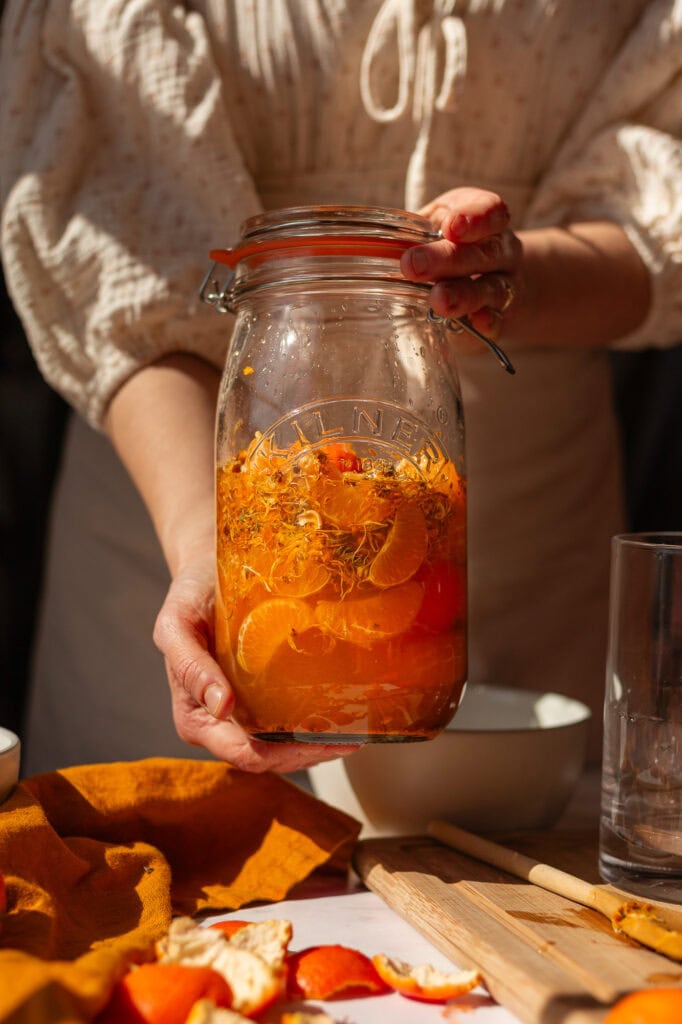
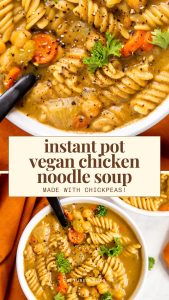

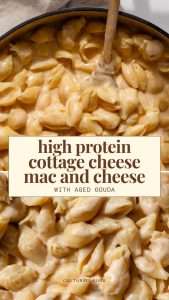


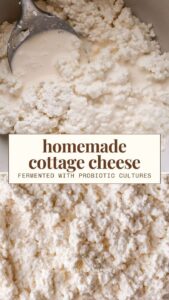
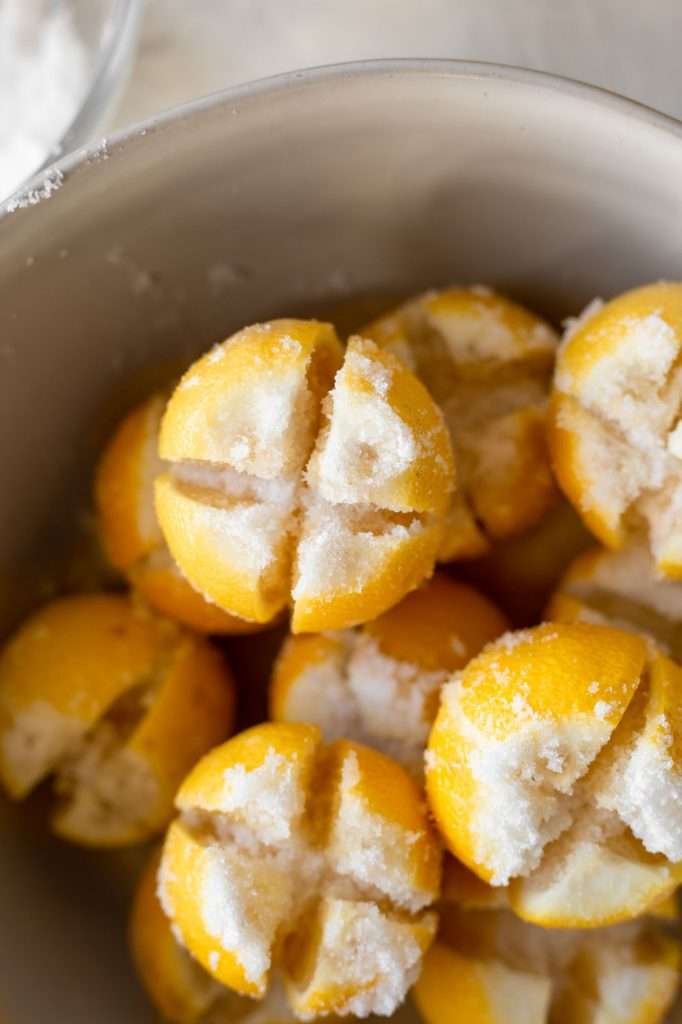
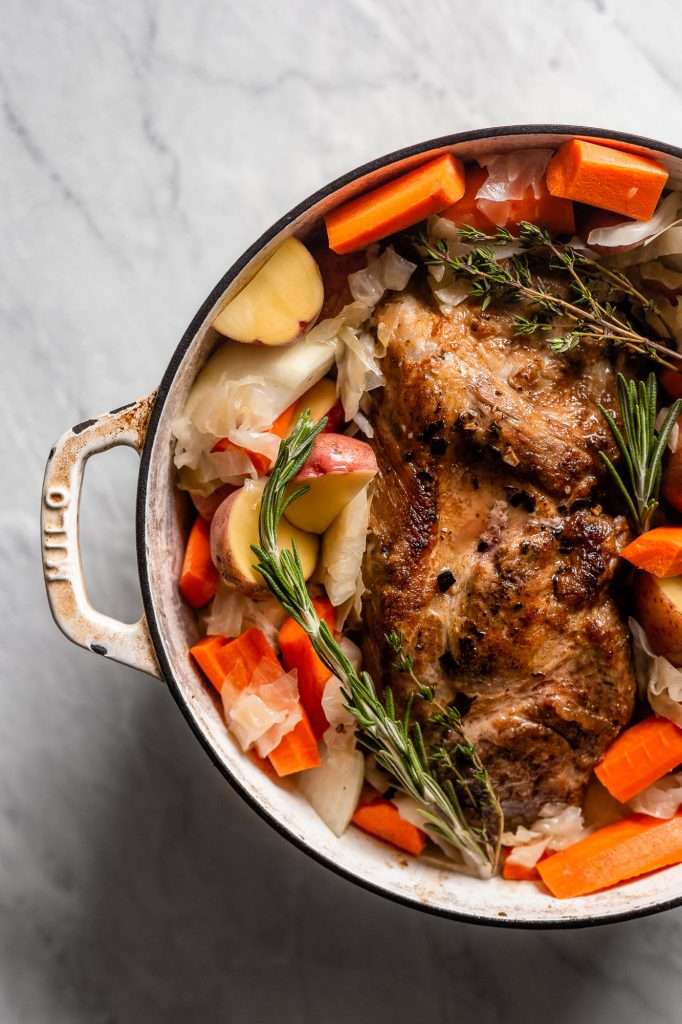
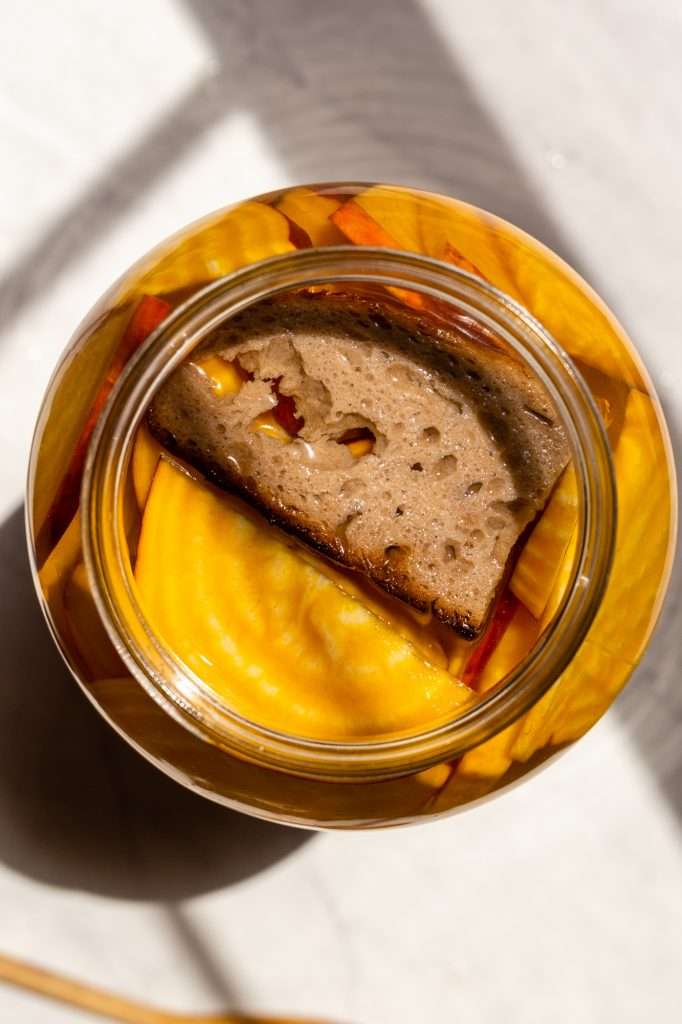
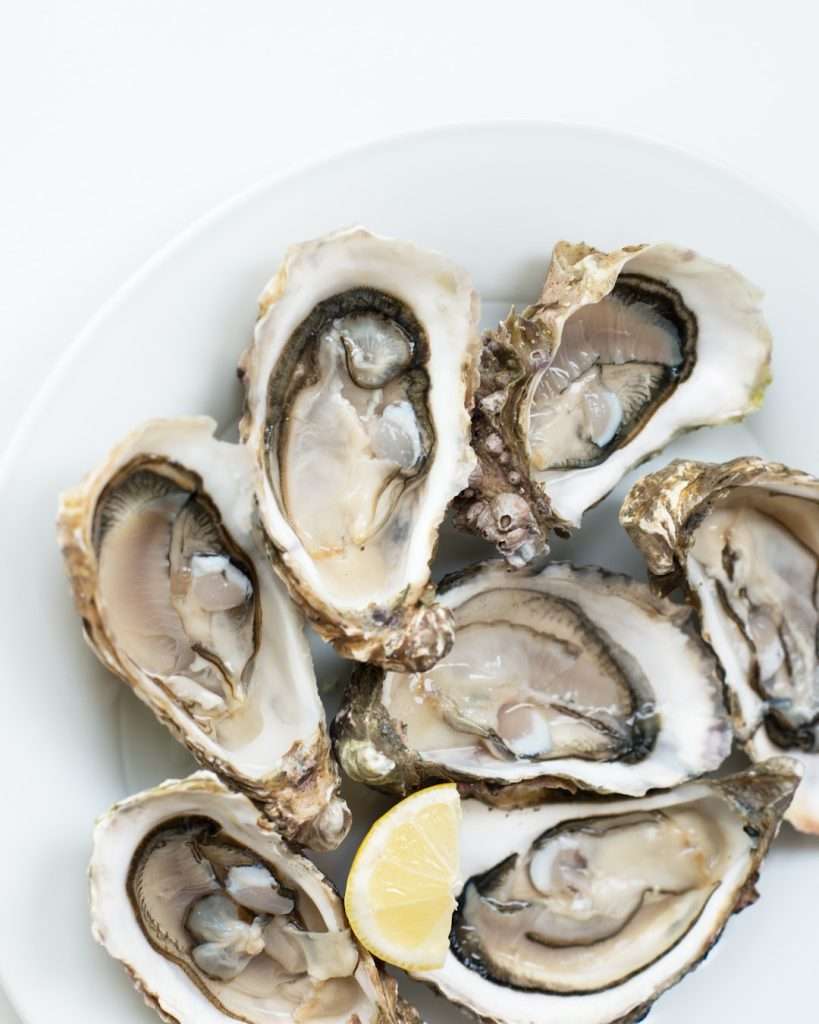





Thank you, Kaitlynn! That was a wonderful, educational, thorough answer. The best I have seen on the subject.
Hi! I love hearing more about fermented dairy, do you think you’ll ever add any recipes to your blog? Thanks!
I have some fermented dairy recipes. Check the Yogurt and kefir section of my recipes. Here is my favorite yogurt recipe Raw Milk Yogurt Instant Pot Recipe an Easy Plain Whole Milk Yogurt